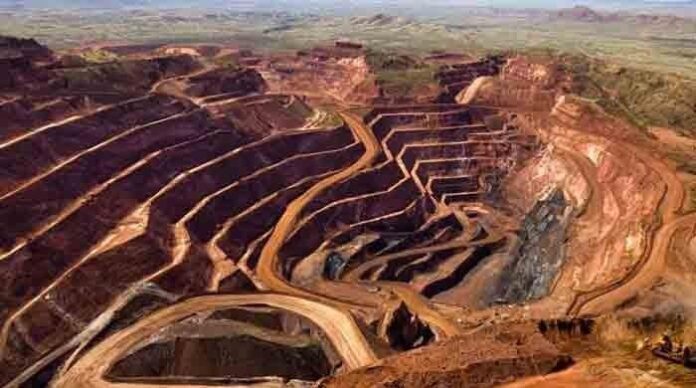Balochistan was in the news again on July 13, 2019. This time, it was for the Tethyan Copper Company’s (TCC) damages in the Reko Diq gold mine case. The International Court of Settlement of Investment Disputes (ICSID) has ordered the province government of Balochistan to pay TCC USD5.9 billion in damages for violating its commitments after seven years of litigation.
Balochistan has two options for dealing with this disaster. First, it might initiate direct talks with TCC, which has indicated that it is eager to renegotiate the contract. This is an opportunity that the provincial government should seize.
The second option is to transfer the Reko Diq project on to either China or Saudi Arabia. Pakistan might ask either of these countries to pay TCC’s damages in exchange for a mining licence for Reko Diq for a set period of time.
The storey of the Reko Diq gold mine’s terrible mismanagement begins in July 1993. Broken Hill Properties Minerals (BHPM), the progenitor of TCC, and the government of Balochistan signed the Chagai Hill Exploration Joint Venture Agreement (CHEJVA) at the time.
Reko Diq’s rights were later transferred to TCC by BHMP. After conducting a feasibility study under an exploration licence, TCC presented an application to the government of Balochistan in February 2011 seeking a mining licence. During this time, TCC was the target of a media campaign. The Reko Diq gold reserves were assessed at over USD260 billion and may be worth USD1 trillion by the time they were exploited, according to unsubstantiated claims.
Pakistan’s Prime Minister Imran Khan has established a commission to apportion blame for the Reko Diq accident.


